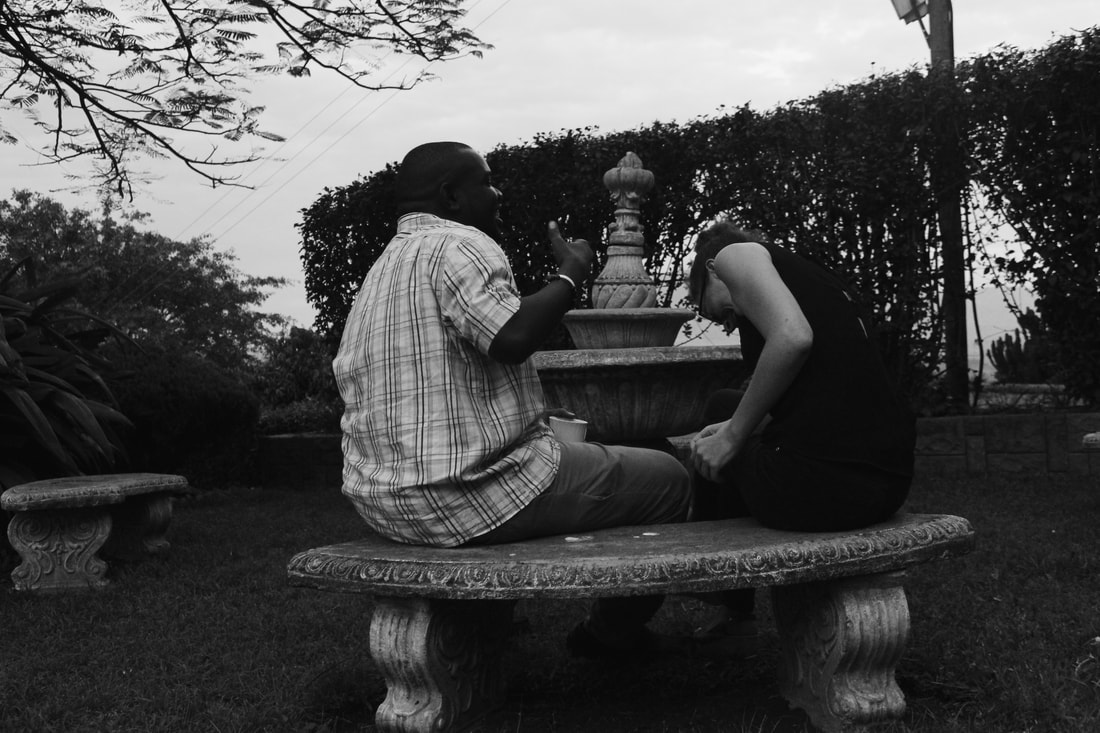I asked Shakib, if he went to school in the UK, why didn’t he have a British accent? He said it was his choice not to change his accent in a way that could seem unauthentic, though there were times when adaptation was needed to be appropriate for the audience he was communicating with. We agreed that accents can naturally be fluid. He reminded me of a lot of reading I did in grad school about Accommodation Theory and how communication style adapts to the audience, group, and culture. I read studies showing that people change the way they speak to mimic the person they’re speaking to, even subconsciously. From childhood, we pick up on our friends’ slang. We also modify the volume of our voice, the speed, enunciation, tonation, pronunciation, and diction or use of language.
What causes this communication of accommodation? The most obvious reason is the desire to fit in with your people. Usually, we pick up on manners of speak from our friends. In secondary school, I used to say Brutal all the time, like exams and social blunders and everything was Bruuutal - because that’s what my friends said, and that was our worldview in the Canadian education system, free and relatively high quality though it was, in retrospect. Now, I am conversant with the meaning of Blessers and what it is to just do things Fwaaa! Again, something in this use of language reflects the culture of my friends now in Kampala, Uganda. I am sure anyone can name similar manners of speaking that they have picked up from their social groups throughout their lives.
The other side of being like your group, though, is not being like ‘the other.’ This can be problematic for anyone who communicates outside of one homogenous group. Trevor Noah wrote in Born A Crime that it’s easier to be an insider as an outsider than an outsider as an insider. Shakib suggested that it’s more acceptable to adapt as a minority toward the majority than the other way around, and that sounded sensible to me. Shakib and I both experienced coming back from somewhere else to our people from before, and being changed. Coming back with an accent can be suspicious. Where did you get that accent from? Is it fake? We judge, though we do not really know other people’s experiences.
| Google defines “accent” as “a distinctive mode of pronunciation of a language, especially one associated with a particular nation, locality, or social class.” |
This conversation has continued among our traveling group, with my teammates criticizing certain Ugandan media personalities and Kampala socialites for modifying their accent in a way that seems artificial, when it is known that they have not left the country for long, or ever at all. Some thought that news anchors were trying to show off how they’ve travelled, or just wanted to be perceived as superior.
This begs the question: why is it wrong to consciously develop an accent that does not reflect your upbringing? Digging deeper into this question, my colleagues suggested that in Uganda, people believe that foreign-sounding English is superior to a local accent, which is the result of a widespread inferiority complex. More generally, there is an insecurity within people about how their voice reflects their identity. This train of thought leads to a larger discussion of social stratification, people’s aspirations and the offence of cultural appropriation, which I’ll leave for another day.
But what do you think? To what extent is our own manner of speaking unconscious? How much of our communication style is a choice, and are there moral guidelines we should apply to these choices? Oba we just say it as we feel it, fwaaa?!


